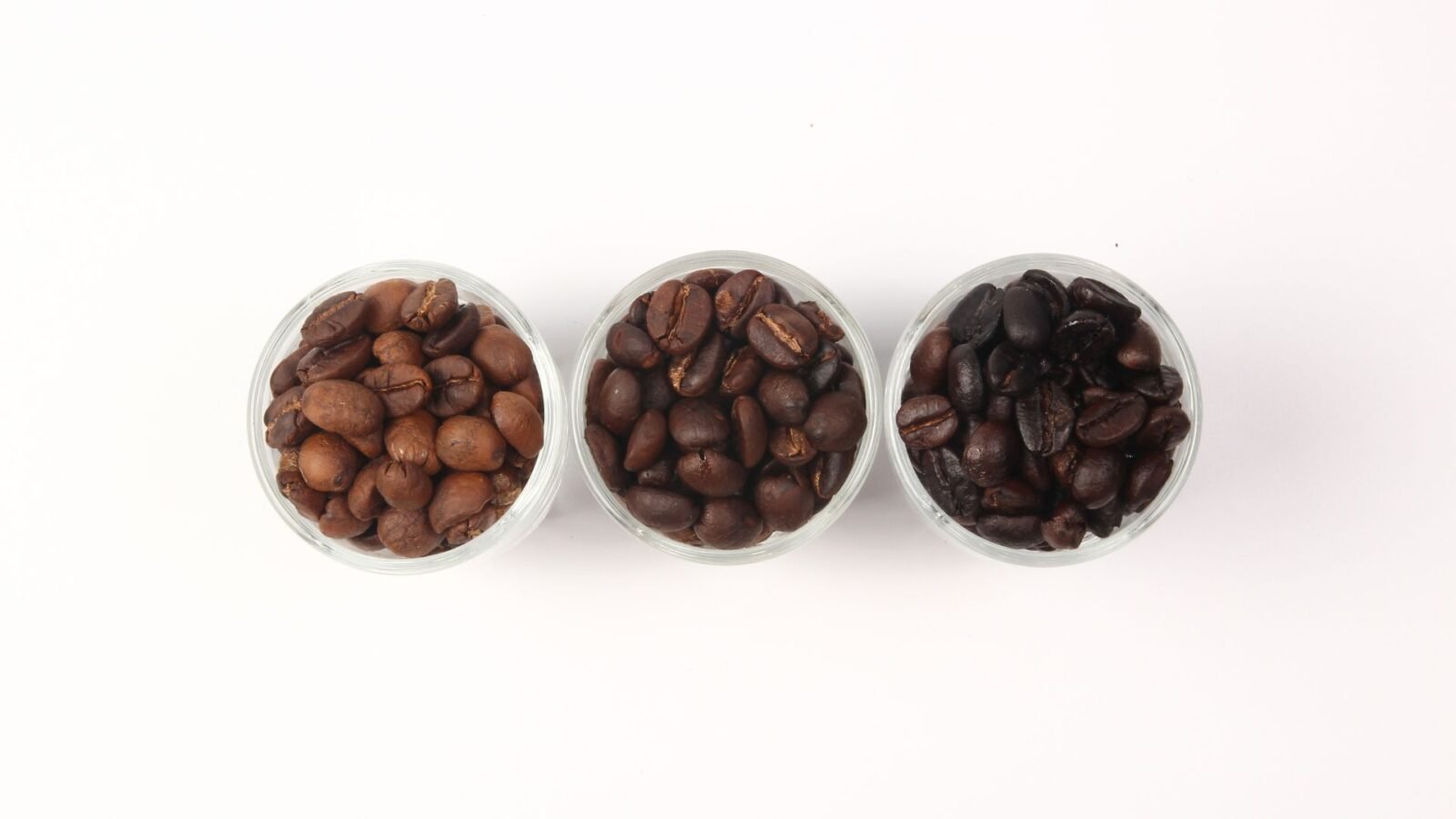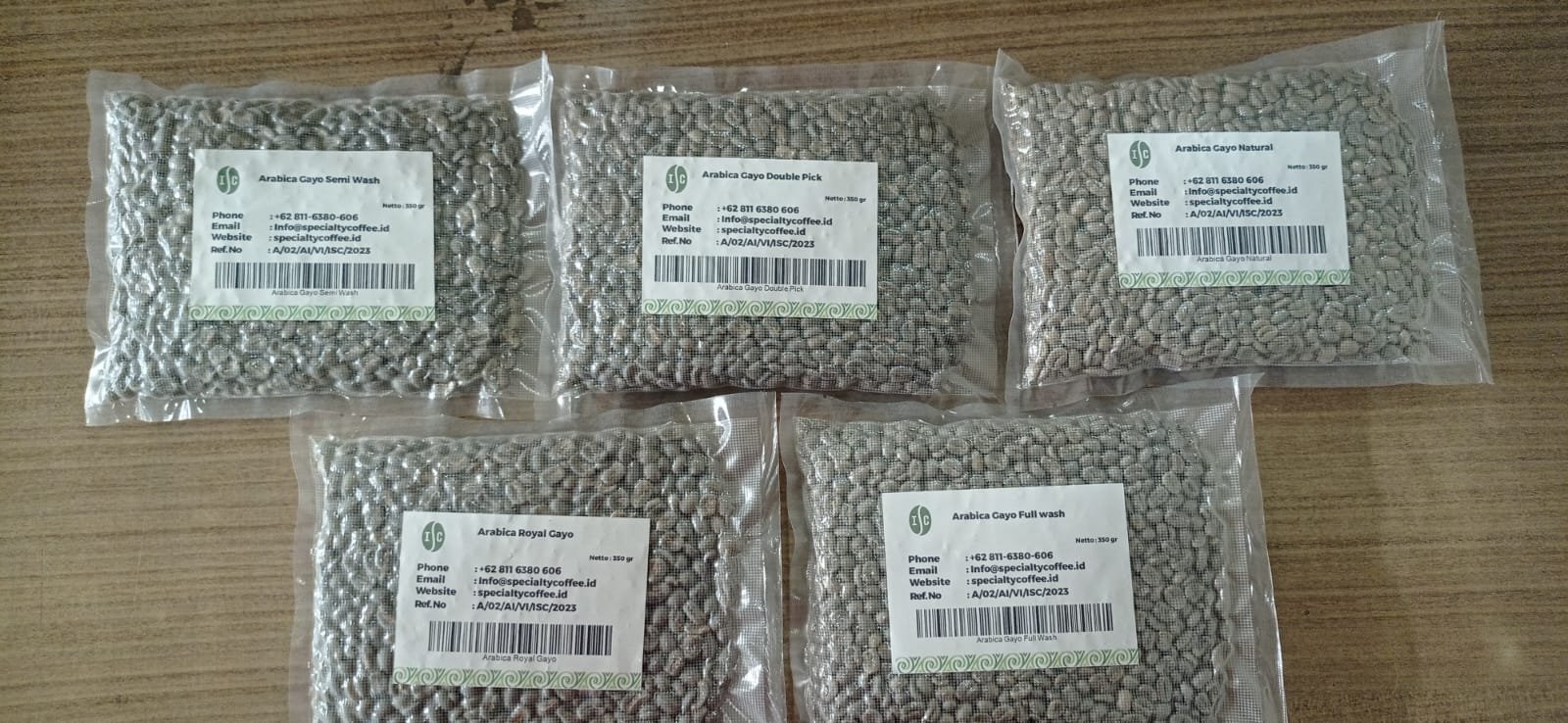Will Coffee Raise Blood Sugar? – Coffee, the beloved elixir enjoyed by millions worldwide, has sparked debates about its impact on blood sugar levels. In this extensive article, we embark on a scientific exploration to unravel the truth behind the belief that coffee can raise blood sugar. By examining research studies and delving into the mechanisms at play, we aim to comprehensively understand the complex relationship between coffee consumption and blood sugar levels.
1. Understanding Blood Sugar Levels

To fully understand the effects of coffee on blood sugar levels, it’s important to have a solid grasp of what blood sugar levels entail.
Blood sugar, scientifically known as glucose, is a fundamental energy source for our bodies. Maintaining optimal blood sugar levels is crucial for overall health and well-being, particularly for individuals managing conditions such as diabetes.
When we consume food or beverages, our bodies break down carbohydrates into glucose, which enters the bloodstream. Hormones, such as insulin, help regulate the uptake and utilization of glucose by our cells. This delicate balance ensures that our bodies have a constant supply of energy.
Now, let’s delve into the relationship between coffee consumption and blood sugar to determine whether coffee affects these levels.
2. Debunking the Myth: Coffee’s Impact on Blood Sugar Levels
Will coffee raise blood sugar? – The belief that coffee raises blood sugar levels has been a contention. Let’s examine several critical research studies to shed light on this issue.
A study published in the Journal of Nutrition and Metabolism investigated the impact of coffee consumption on blood glucose levels. The findings revealed that coffee does not significantly influence blood sugar levels in healthy individuals, irrespective of fasting or non-fasting states. The study emphasized that coffee, when consumed alone, does not substantially increase blood sugar.
Another study by the American Diabetes Association explored the effects of caffeine, the primary active compound in coffee, on glucose metabolism. The results indicated that caffeine intake does not impact healthy individuals’ blood glucose levels or insulin sensitivity. This suggests that caffeine alone is unlikely to cause significant fluctuations in blood sugar levels.
Read also: Decoding the Relationship Between Coffee and Blood Pressure
3. The Intricacies of Coffee’s Components
While coffee, as a whole, may not raise blood sugar levels, it’s essential to consider the potential impact of its various components.
3.1. Caffeine

Despite being the most well-known coffee component, caffeine does not appear to affect blood sugar levels significantly. However, it’s important to note that caffeine can influence other aspects of health, such as sleep quality and metabolism, which indirectly impact blood sugar regulation.
Read also: Don’t be Fooled! How Much Caffeine Lurks in Your Decaf Coffee?
3.2. Antioxidants
Coffee is rich in antioxidants, such as chlorogenic acids. These compounds have been shown to have potential health benefits, including the modulation of blood sugar levels. However, the exact mechanisms and extent of their influence are still being studied, and further research is needed to understand their impact on blood sugar regulation fully.
4. Considerations and Individual Variations
Several factors can influence the relationship between coffee consumption and blood sugar levels. It’s essential to take these considerations into account:
4.1. Coffee Additives

Sweeteners, creamers, or flavourings added to coffee can contain sugars or artificial sweeteners that may raise blood sugar levels, particularly in individuals with diabetes. Opting for sugar-free or low-calorie alternatives can help mitigate this effect.
4.2. Individual Variations
Each person’s body is unique, and responses to coffee can vary. Genetics, diet, lifestyle choices, and underlying health conditions can influence how coffee affects blood sugar levels. It is advisable to monitor personal responses and consult with healthcare professionals if necessary.
Conclusion – Will coffee raise blood sugar?
After a thorough examination of scientific research, it is evident that the belief that coffee raises blood sugar levels is largely a misconception. Multiple studies indicate that coffee consumption, even when caffeinated, does not significantly impact blood glucose levels in healthy individuals. However, individual variations and the use of additives should be considered.
When consumed in moderation and without excessive sugar or creamer additives, coffee can be enjoyed without undue concern about its effects on blood sugar levels. As always, it is essential to maintain a balanced and healthy lifestyle, including regular physical activity and a well-rounded diet, for optimal blood sugar regulation and overall well-being. Want to enjoy coffee? Buy the Best Indonesian Coffee Beans from us!








